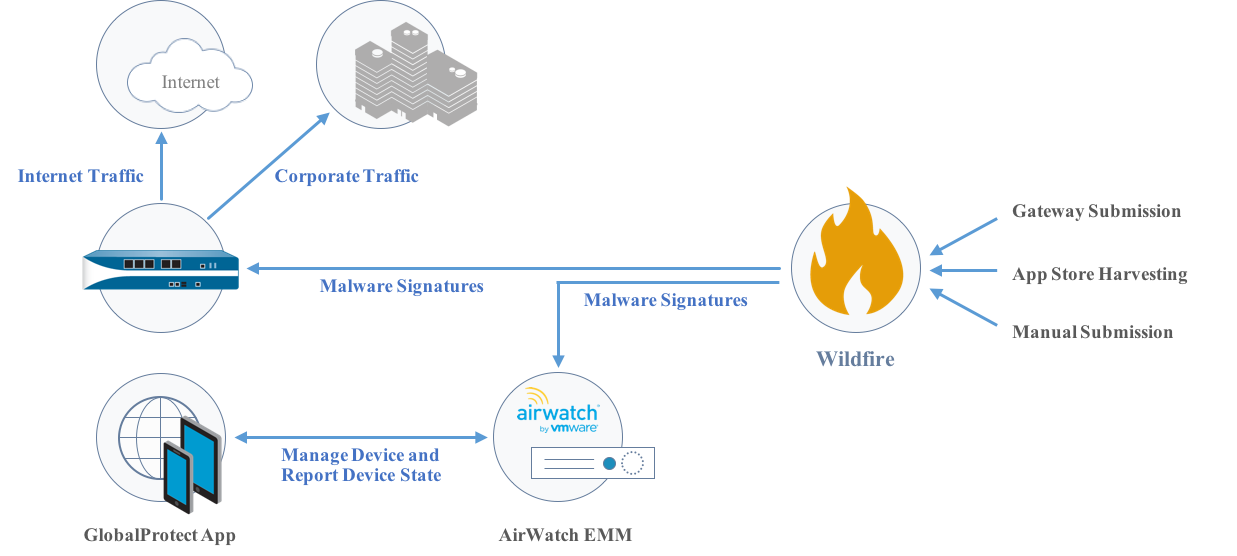

The server can decrypt the premaster secret using its private key. Next, the client will send a Client Key Exchange (CKE) message after calculating the premaster using the random values exchanged by the server and client, encrypting it with the server's public key.

The client will then send its certificate if the server has also requested client authentication in the server hello message. It also sends an authentication certificate known as a PKI. The server responds with its Hello message with similar information and the Session ID. It starts when the client sends a 'Hello' message, which contains the SSL version that the client supports, the order the client prefers the versions, crypto algorithms supported by the client, and a random number. William Swansen wrote: "A VPN SSL connection is established through a process known as a handshake. It is my experience that while people may understand the value of the information they have, they may not accurately understand the risk of losing or compromising it." It is the function of the VPN to prevent them from impacting Palo Alto Networks' operations and reputation. The threats and vulnerabilities are out there. It all comes down to the risk, proportional to the sensitivity of the information you are transmitting. This prevents bad actors from impersonating an authorized user and gaining access to the network. Authentication is a side effect, even without IPsec. This impacts what you discuss electronically and how much it is worth to someone else.

Privacy is critical to every business, its employees, and customers. It protects user communications' privacy and indirectly provides an authentication mechanism for gateways, network devices, and authorized users. William Swansen wrote: "A VPN will perform several functions to address the security vulnerabilities of Palo Alto Networks. What is the cost of implementing and maintaining the VPN?" How will the VPN impact the performance of the network and specific applications? Does the VPN support the automatic creation of user-level VPNs for mobile users? Does the VPN product work both with and without trust? Does it have strong encryption with long key lengths? Will the proposed solution be Interoperable with other IPsec compliant vendors? If the VPN solution is not currently part of the firewall, will it work with the existing firewall? Does the existing network security solution protect the network, or are additional measurements required? Some of the specific criteria I use include: I favor this approach, even though this technology is continuing to evolve. My research indicated that you are currently using an IPsec solution. William Swansen wrote: "There are several different criteria I use to determine if a VPN is required to enhance the security of a network, especially if there are already firewalls in place.
#Palo alto networks vpn troubleshooting full
This mode delivers an easy-to-support SSL VPN tunneling connection and full access to any application." This mode provides application support through dynamically downloaded SSL client software from a VPN server appliance. The final mode is thick client mode it works at Layer 3 and is also known as a full tunneling client. Thin client mode provides access to services such as Telnet, Secure Shell (SSH), Simple Mail Transfer Protocol (SMTP), Internet Message Access Protocol (IMAP), and Post Office Protocol (POP3.) This SSL mode is delivered via a Java applet downloaded from the SSL appliance when a session is established. The next mode is thin client it also works at Layer 7, known as port forwarding. One drawback to this mode is that it does not provide access to TCP connections, such as SSH or Telnet. This mode is commonly used for accessing content via a web browser. The first is the clientless mode it works at Layer 7 in the network stack, providing secure access to web resources and web-based content. These all relate to the type of client being used. William Swansen wrote: "There are three modes in which SSL VPN can be deployed.


 0 kommentar(er)
0 kommentar(er)
